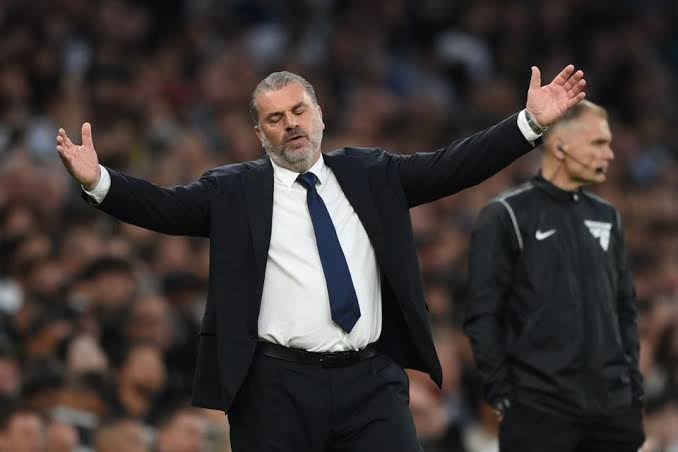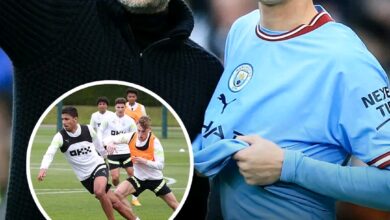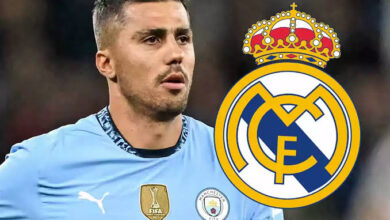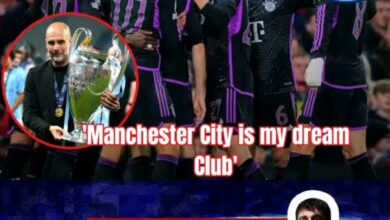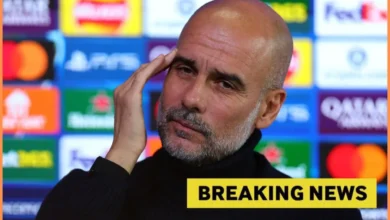Dominic Solanke reveals what Postecoglou told him in first-ever conversation
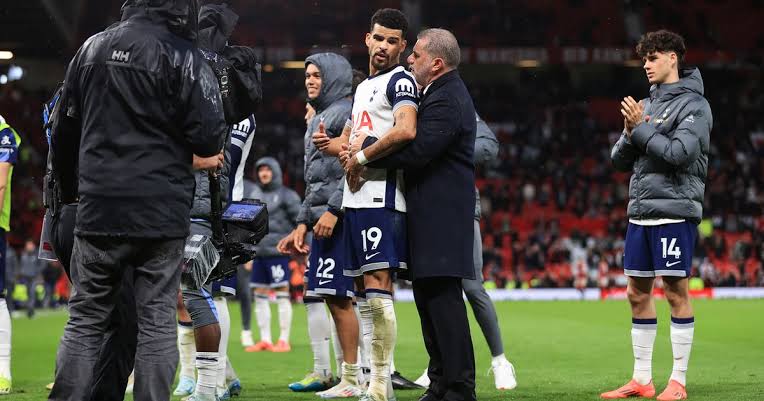
The importance of first impressions in football, particularly between a player and their new manager, is a recurring theme in shaping the trajectory of a player’s time at a club. These initial interactions lay the groundwork for a working relationship and can significantly influence a player’s decision to join a team. Ange Postecoglou, the manager of Tottenham Hotspur, understands this dynamic and has made it a priority to communicate directly with potential signings before they commit to the club.
This personal touch has already garnered positive feedback from players like James Maddison and Timo Werner, who have spoken about the clarity of Postecoglou’s vision during their initial conversations. Now, Dominic Solanke has shared his experience of his first conversation with the Tottenham manager, offering further insight into Postecoglou’s approach. Solanke revealed that Postecoglou outlined his expectations for his teams and explained his preferred style of play.
This conversation resonated with Solanke, who expressed his appreciation for a hardworking, aggressive, pressing style of football, deeming it a good match for his own playing style. Solanke emphasized that Postecoglou aims to instill his unique playing style into the team and seeks players who are well-suited to execute it.
The manager’s strong motivation to achieve success also left a lasting impression on Solanke. While Solanke’s goal-scoring record might not be the primary focus of discussion, his contributions to the team’s pressing and defensive efforts have been significant. He has demonstrated a willingness to defend from the front and effectively execute Postecoglou’s high-energy playing style. Despite the challenges Tottenham has faced with injuries, Solanke’s performances reflect his commitment to the team and the manager’s philosophy.
Off-the-ball statistics highlight his impressive work rate during matches, which sets the tone for Tottenham’s attacking press and creates opportunities for his teammates. Looking ahead, if Tottenham can overcome their injury woes and maintain a more consistent squad, Solanke has the potential to flourish even further under Postecoglou’s system.
His attributes align well with the manager’s tactical approach, and his dedication to the team’s cause is evident. This article emphasizes the importance of early communication between managers and players, highlighting how these initial interactions can shape a player’s perception of the club and their role within the team.
Postecoglou’s direct and clear communication style has been a recurring theme in the testimonials of players who have joined Tottenham. This approach fosters a sense of mutual understanding and sets the stage for a positive working relationship. Dominic Solanke’s account of his first conversation with Postecoglou reinforces this notion, providing further evidence of the manager’s ability to connect with players and articulate his vision effectively.
The focus on Solanke’s contributions beyond goal scoring, particularly his pressing and defensive work, underscores the importance of a well-rounded team in Postecoglou’s system. While goals are undoubtedly crucial, the manager also values players who contribute to the team’s overall performance through hard work, tactical discipline, and a willingness to execute the game plan.
The article concludes by suggesting that if Tottenham can address their injury concerns, Solanke has the potential to thrive under Postecoglou. This highlights the importance of squad depth and player availability in achieving consistent success. The ability to field a strong and consistent lineup allows a manager to implement their tactical vision more effectively and maximize the potential of their players.
In summary, the article emphasizes the importance of first impressions, particularly in football, and how Ange Postecoglou’s communication style has played a crucial role in attracting and integrating players into his Tottenham squad. Dominic Solanke’s account of his first conversation with the manager provides further evidence of this approach, highlighting the mutual understanding and shared vision that has been established between the player and the manager.



